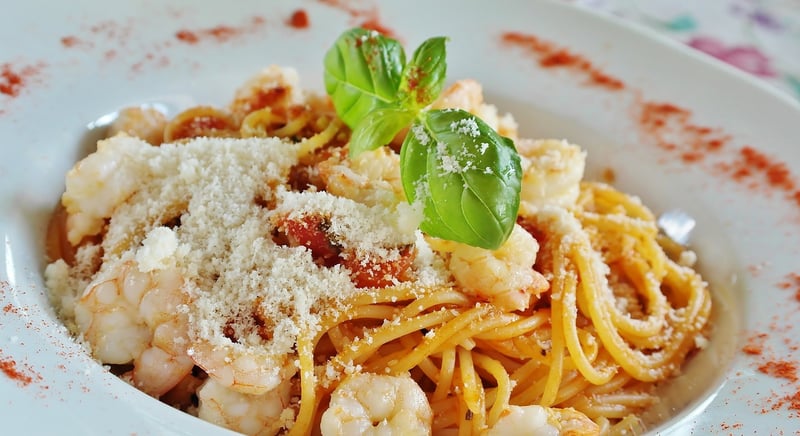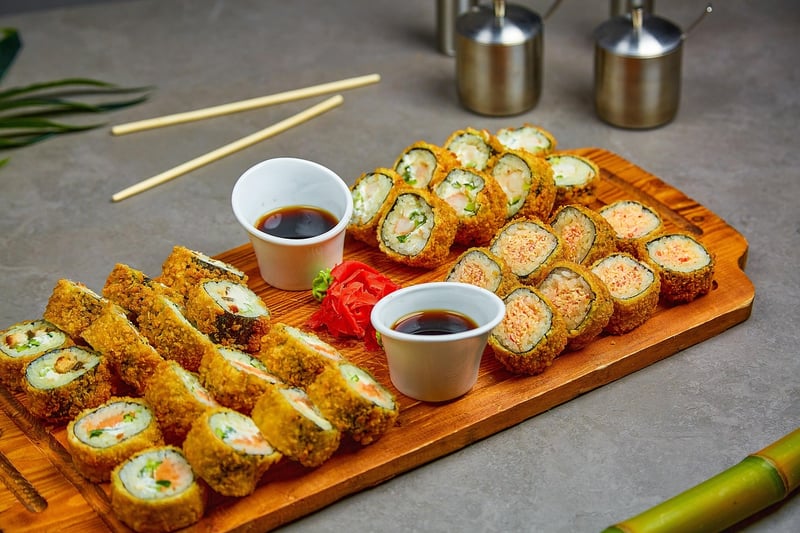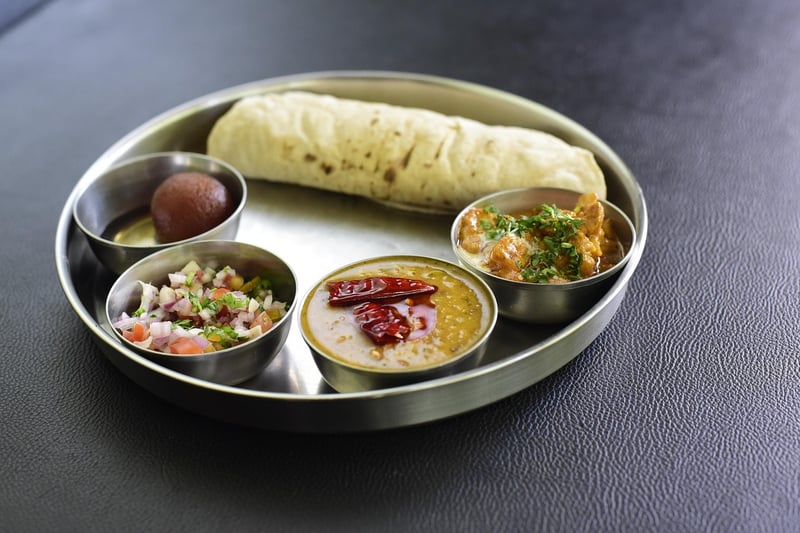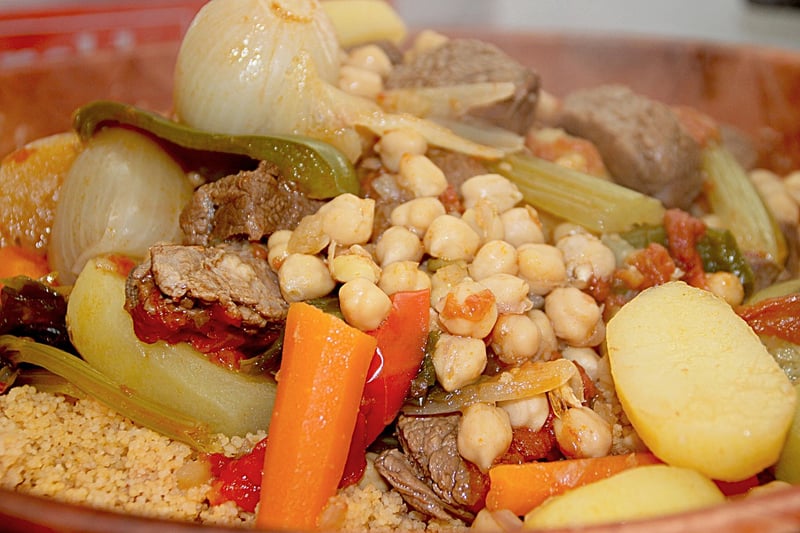Traditions
The Rich Tapestry of Culinary Customs and Traditions
Food is not just sustenance; it is a cultural expression that reflects history, geography, and social norms. Across the globe, culinary customs and traditions play a significant role in shaping societies and connecting individuals. Let's delve into the diverse culinary traditions from different corners of the world.
1. Italian Cuisine: A Symphony of Flavors
Italian cuisine is renowned for its simplicity and quality ingredients. From the hearty pasta dishes of the south to the delicate risottos of the north, each region in Italy boasts a unique culinary tradition. Olive oil, tomatoes, and fresh herbs are staples in Italian cooking, emphasizing the importance of fresh and seasonal produce.

2. Japanese Culinary Etiquette: A Harmony of Tradition
Japanese cuisine is not just about the food but also the art of presentation and dining etiquette. From the precise art of sushi-making to the elaborate tea ceremonies, Japanese culinary traditions emphasize respect for ingredients and the dining experience. Each dish tells a story and reflects the seasons.

3. Indian Spices and Flavors: A Feast for the Senses
Indian cuisine is a vibrant tapestry of flavors, colors, and spices. From the fiery curries of the south to the aromatic biryanis of the north, each dish is a celebration of India's rich cultural heritage. Spices like cumin, coriander, and turmeric are essential in creating the distinct taste of Indian dishes.

4. Mexican Fiesta: A Burst of Flavors
Mexican cuisine is a fiesta for the taste buds, blending indigenous ingredients with Spanish influences. From the tangy salsa to the comforting tamales, Mexican dishes are a reflection of the country's diverse heritage. Corn, beans, and chilies form the backbone of Mexican cooking.

5. Moroccan Hospitality: A Flavorful Journey
Moroccan cuisine is a reflection of the country's hospitality and diverse influences. From the fragrant tagines to the sweet pastries, Moroccan dishes are a blend of savory and sweet flavors. Ingredients like saffron, almonds, and dates are commonly used, creating a unique culinary experience.

Exploring culinary customs and traditions from around the world offers a glimpse into the heart and soul of a culture. Whether you savor a bowl of pasta in Italy or indulge in a spicy curry in India, each dish tells a story of tradition, history, and community.
